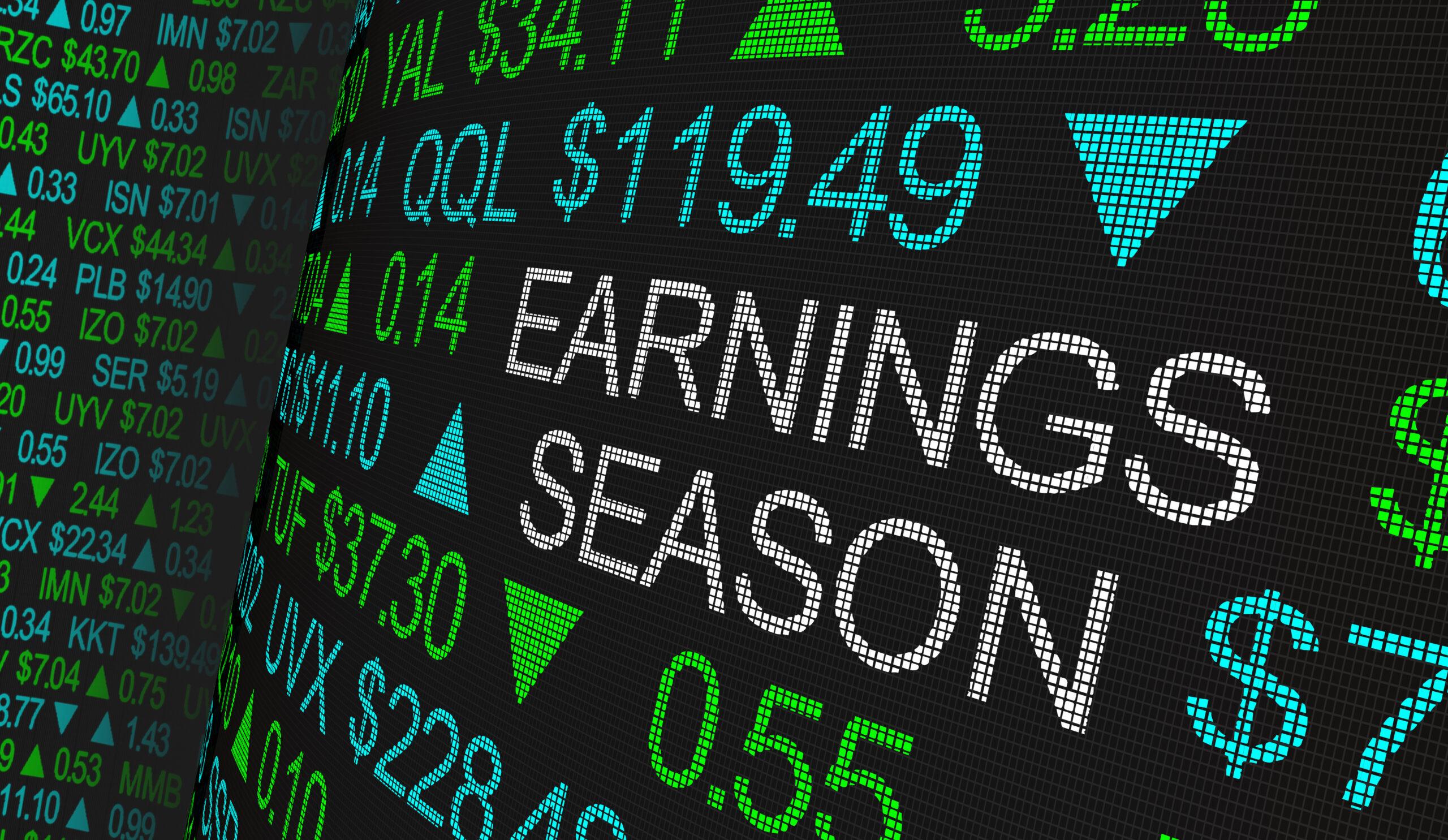AVIOR INSIGHTS – How Corporate Earnings Can Guide Long-Term Investors
While major stock market indices have rallied this year, investors continue to receive mixed signals from the economy. On the one hand, inflation is improving which has allowed interest rates to stabilize at a lower level. On the other hand, last week's jobs report was a significant surprise to the upside with 517,000 net new jobs created in January and the unemployment rate falling to 3.4%, the lowest in over...
AVIOR INSIGHTS – How Layoffs and Slower Consumer Spending Affect the Broader Economy
Layoff announcements are ramping up as companies adjust to slowing sales and profitability. So far, major job cuts have been concentrated in technology and consumer-related industries due to overhiring during the pandemic recovery when demand was unusually strong. Whether this spills into the broader economy is the subject of debate among investors and economists. With markets already expecting a mild recession in 2023, how should long-term investors maintain perspective on...
AVIOR INSIGHTS – How the Debt Ceiling and Government Spending Impact Investors
Over the past week, there has been nonstop news coverage on the federal government hitting the $31.4 trillion borrowing limit known as the debt ceiling. This once again puts Washington drama on center stage as the Treasury Department enacts "extraordinary measures" to not default on its obligations. Although this has become a regular occurrence, many investors are still understandably nervous. While it's unclear how this will play out politically before...
AVIOR INSIGHTS – How the Outlook for Bonds Differs in 2023
The bear market in bonds last year was a shock to markets and raised questions around the role of fixed income securities in portfolios. This is because, until 2021, inflation had been steadily falling for 40 years, pushing interest rates lower and bond prices higher. This period supported the idea that bonds act as a stable foundation to portfolios, counterbalancing the price swings in stocks and other riskier assets. Naturally,...





